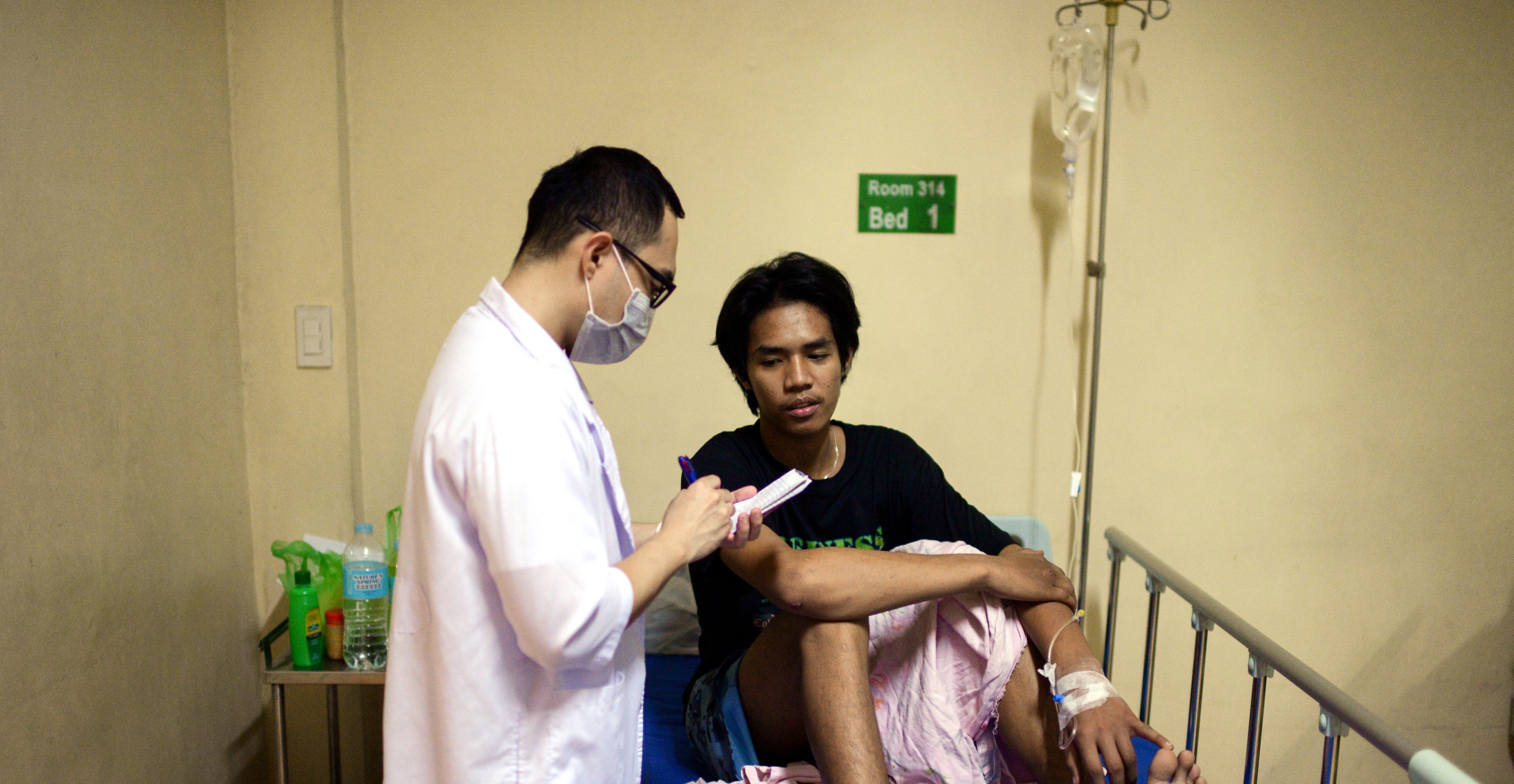COVID-19: What you need to know about the coronavirus pandemic on 24 January

COVID-19 restrictions were eased in Dublin over the weekend. Image: REUTERS/Clodagh Kilcoyne
- This daily news round-up brings you a selection of the latest news and updates on the COVID-19 coronavirus pandemic, as well as tips and tools to help you stay informed and protected.
- Top news stories: India reports more than 300,000 confirmed new COVID-19 cases; Pfizer CEO on boosters and annual COVID-19 vaccines; Belgium eases COVID-19 restrictions.
1. How COVID-19 is affecting the globe
Confirmed cases of COVID-19 have passed 351.4 million globally, according to Johns Hopkins University. The number of confirmed deaths has now passed 5.59 million. More than 9.89 billion vaccination doses have been administered globally, according to Our World in Data.
A fourth dose of COVID-19 vaccine given to people over 60 in Israel made them three times more resistant to serious illness than thrice-vaccinated people in the same age group, Israel's Health Ministry said on Sunday.
South Korea has reported its second-highest confirmed daily COVID-19 case total on record - 7,630. The record of 7,848 was logged in mid-December.
Confirmed daily COVID-19 cases have broken above 50,000 for the first time in Japan, with 50,200 reported.
Poland has also reported a record 40,876 new confirmed daily COVID-19 cases.
New Zealand Prime Minister Jacinda Ardern has cancelled her wedding as new restrictions are imposed to slow the community spread of the COVID-19 Omicron variant, she told reporters on Sunday.
The World Health Organization has recommended extending the use of a reduced dosage of the Pfizer/BioNTech COVID-19 vaccine to children aged between 5 and 11.
Belgium announced a slight easing of COVID-19 restrictions on Friday. It also announced that people will need booster shots after five months to maintain COVID-19 passes, which give access to bars and cinemas.

How is the World Economic Forum helping to identify new technologies to fight COVID-19?
2. Pfizer CEO hopes for annual COVID-19 vaccine rather than frequent boosters
Pfizer Chief Executive Albert Bourla said on Saturday that an annual COVID-19 vaccine would be preferable to more frequent booster shots in fighting the coronavirus pandemic.
With cases soaring, some countries have expanded COVID-19 vaccine booster programmes or shortened the gap between shots as governments scramble to shore up protection.
In an interview with Israel's N12 News, Bourla was asked whether he sees booster shots being administered every four to five months on a regular basis.
"This will not be a good scenario. What I'm hoping (is) that we will have a vaccine that you will have to do once a year," Bourla said.
"We are looking to see if we can create a vaccine that covers Omicron and doesn't forget the other variants and that could be a solution," Bourla said.
3. India reports more than 300,000 COVID-19 cases for fourth straight day
India reported over 300,000 new confirmed COVID-19 infections for the fourth straight day, although the caseload over the last 24 hours was slightly lower than a day before, data released by the government on Sunday showed.
India reported 333,533 new COVID-19 infections over the past 24 hours, down from 337,704 on Saturday.
There were also 525 new COVID-19-related deaths reported, bring the country's total confirmed death toll to 489,409.
Since the start of this year, different parts of the country are under varying degrees of restrictions to contain infections caused by the highly transmissible Omicron variant.
India's capital Delhi has imposed a weekend curfew and even though it was widely expected that Delhi would ease some restrictions, the local government decided on Friday to continue with the curfew.
Don't miss any update on this topic
Create a free account and access your personalized content collection with our latest publications and analyses.
License and Republishing
World Economic Forum articles may be republished in accordance with the Creative Commons Attribution-NonCommercial-NoDerivatives 4.0 International Public License, and in accordance with our Terms of Use.
The views expressed in this article are those of the author alone and not the World Economic Forum.
Stay up to date:
COVID-19
Forum Stories newsletter
Bringing you weekly curated insights and analysis on the global issues that matter.
More on Health and Healthcare SystemsSee all
Mille Sofie Stenmarck Korsgaard and Daniel Holth Larsen
November 20, 2025






